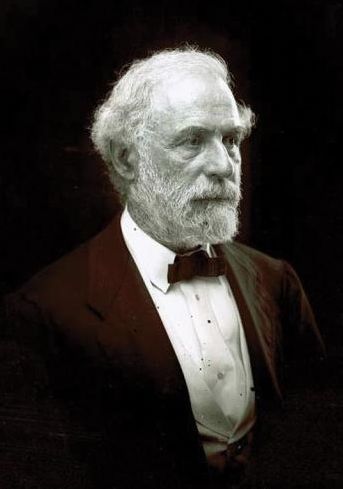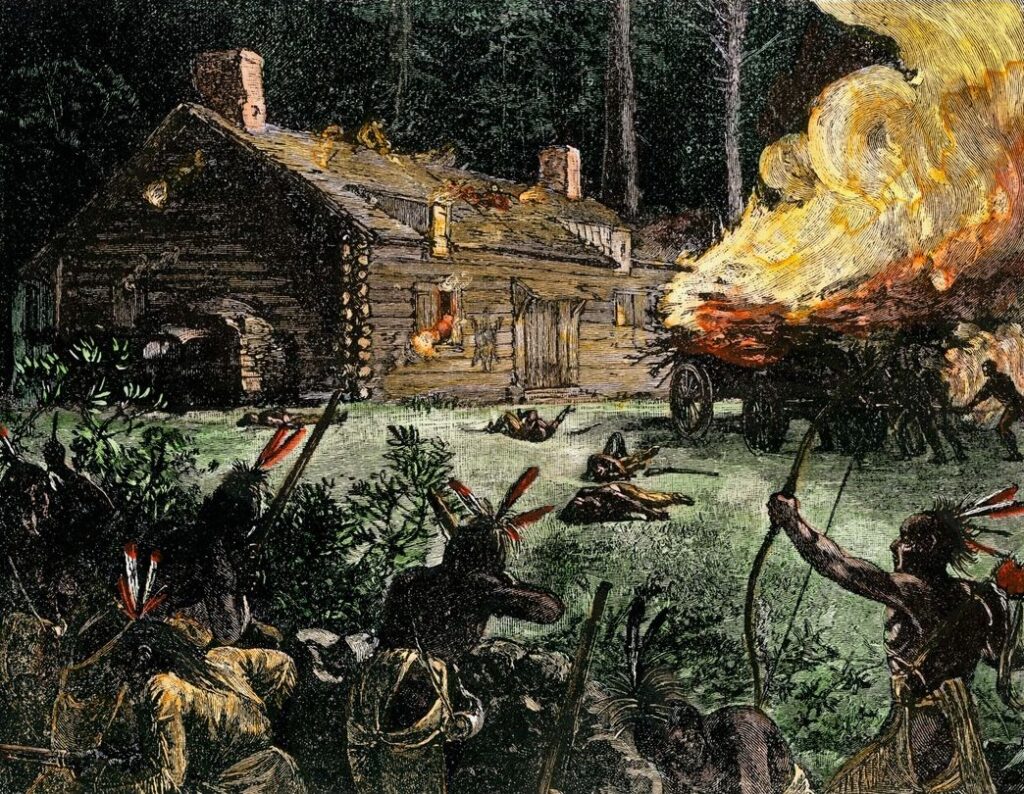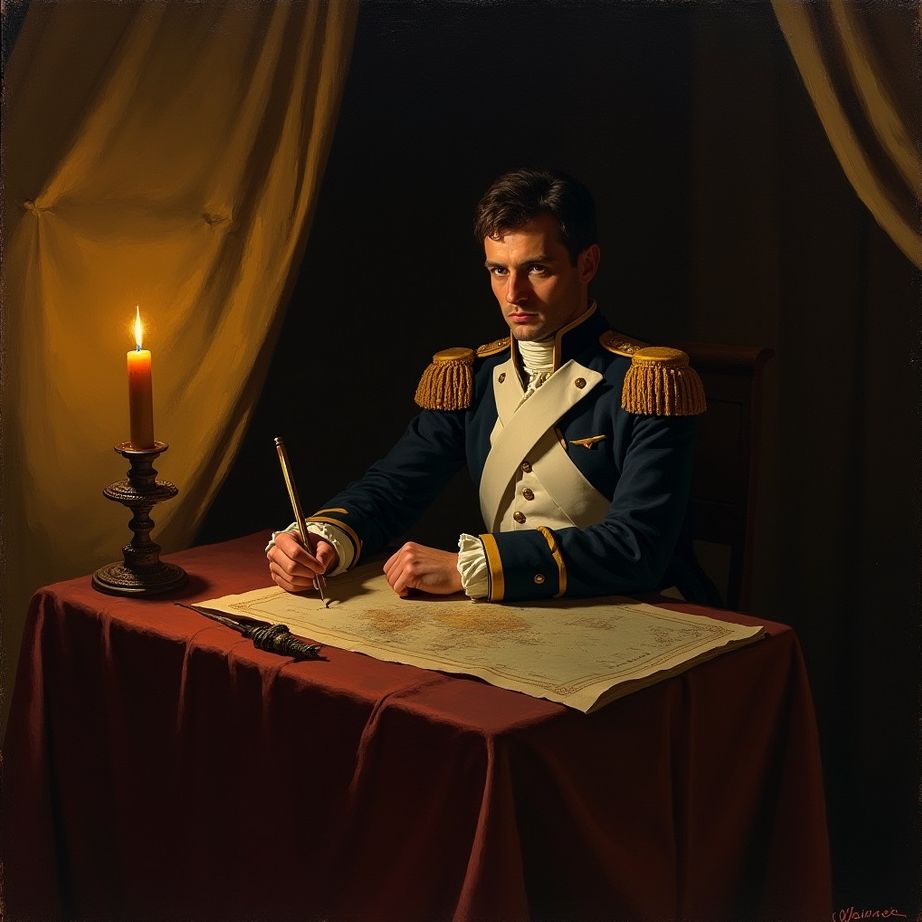Editor’s note: The following is extracted from General Robert E. Lee After Appomattox, edited by Franklin L. Riley (published 1922).
TRIBUTE OF AN APPRECIATIVE STUDENT, By W. W. ESTILL, LEXINGTON, KENTUCKY
I had a cousin, who at the time of my reaching Lexington was an assistant professor. He kindly allowed me to become an inmate of his home. As he was a resident of the town, an ex-Confederate officer, and well acquainted socially, I was soon by him introduced to all the homes where he visited. I well recollect my first visit to the home of General Lee. Just before we entered the house my cousin said, “It is the custom here to introduce a stranger to the first member of the family we meet and after that you will allow that member to do as seems best.” I met Miss Mildred Lee that night and was charmed with her manner and conversation. Subsequently I met all the family and was more than once invited to social gatherings at the house. I was never before so close to General Lee. I was struck with his looks and bearing. I thought then and still think that he was by far the handsomest man I ever saw. His splendid physique, grand carriage without “airs,” universal politeness, and evident kind heart, impressed me greatly, and to this day I can see him as plainly as then.
Every afternoon, rain or shine, he mounted “Traveller” and had a ride. He always, as I recall him, wore a double-breasted gray coat, buttoned to the throat, with black buttons, top boots, a pair of spurs, gauntlet gloves, a large light-colored hat with a military cord around it. His poise was perfect, and I enjoyed looking at him every time he passed, and I suspect I stopped and looked at him hundreds of times.
He was very approachable, easy to talk to and always appeared willing to hear. I have seen little girls go up to him on the street, take his hand, and walk and talk with him as with a parent.
Once a Scottish gentleman, a Mr. McCrea, I think, I came to Lexington and called on General Lee. He proposed to give a lecture at the Franklin Library and turn over the proceeds to its treasurer. I went to hear him and fortunately had a seat by the side of General Lee. The lecture was very humorous and excited General Lee to laughter several times. This did not attract attention, but being so close to him I could see his body quiver with suppressed laughter. He thoroughly enjoyed it, and said so afterwards.
A young man from Baltimore was drowned just below the dam in the river while I was there. As soon as I heard of it, I instinctively wanted to see General Lee, so I went directly to his house in company with a companion, and we asked what we could do. I do not now remember his words, but he seemed to be master of the situation, quickly told us what to do and we passed out. How very careful and thoughtful he was of the students can best be illustrated by telling how he treated me when my mother died. I was too far from home to attempt to return when I received a telegram his announcing her death. I handed it to my roommate, asked him to take it to General Lee and tell him I would not attend any classes for two or three days. At the end of the month when my report came out there was not a single absent mark against me. This can only be accounted for by General Lee’s going to each professor to whom I recited and telling him. To me this is a remarkable illustration of his kindness to and care for the boys entrusted to him. If I had no other reason, I would love him for that yet.
Everyone obeyed him, not because they feared but because they loved him, and I don’t think there was one of the about 800 boys who were there but would have died defending him if necessary. I was never called to his office, but I have heard the boys who were say admonitions were as tender as a mother’s and his warnings and instructions always fatherly and wise. In all the years that have passed I have thought of him and to this day the things I learned from listening to his conversation, watching his bearing and example I carry with me as a most important part of my education.
Some years ago I visited the rooms of the Virginia Historical Society at Richmond chiefly to see if there was on its walls a good likeness of General Lee. I am sorry to say that I did not see one that pleased me and so told the lady in charge. I have a picture of him, which he gave me and to which I saw him attach his autograph.
I don’t want to close this bad sketch without telling of a meeting General Lee had with one of his old soldiers in Richmond, Virginia, a few months after the surrender. His daughter, Miss Mildred Lee, told me this incident and said that she witnessed it. She and her father were sitting one day in the back of the front hall when the door bell rang. Her father walked to the door and opened it. There stood in the door a long, tall, lean man, dressed in homespun and his shoes and lower part of his trousers covered with dust. He grabbed the General’s extending hand and spoke about as follows: “General Lee, I followed you four years and done the best I knowed how. Me and my wife live on a little farm away up on the Blue Ridge mountains. We heard the Yankees wasn’t treating you right, and I come down to see ’bout it. If you will come up thar we will take care of you the best we know how as long as we live.” Before this was over the soldier held both of General Lee’s hands and tears were dropping from the eyes of each. Pretty soon General Lee released one of his hands and reached out and took up a box containing a suit of clothes that had never been opened and spoke about as follows: “My friend, I don’t need a thing. My friends all over the country have been very kind and have sent me more clothes than I can possibly use, so I want to thank you for coming and give you this new suit.” The man snatched his hand from General Lee, crossed his arms, straightened himself up and said, “General Lee, I can’t take nothin’ offen you.” After a few moments he relaxed, put one hand on the box and said, “Yes, I will, General, I will carry them back home, put them away and when I die the boys will put them on me.”
This has nothing to do with his college life, but it is too good to die. His own daughter told me of it and I am sure it is true. I have never seen it in print, so presume it has never been printed.
I have taught my sons—I have no daughters—my friends and my neighbors to love General Lee and honor his memory. I have never seen his equal upon this earth and never expect to. What he was, I ardently wish all men could be.









